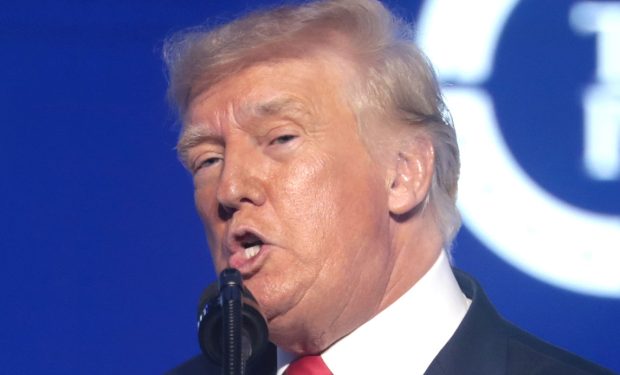Back in July, GOP presidential nominee Donald Trump proposed — in a brief but emphatic social media post — that “Seniors should not pay tax on social security.” Trump has more recently pushed the idea of tax-free social security in campaign appearances at rallies and in interviews. It’s a notion that is — understandably — popular on the campaign trail.
If Trump is a traditional Republican in any way — his MAGA movement broke the mold, but he still represents the Grand Old Party — that tradition may be represented in the former President’s consistent call for lower taxes, including on Social Security and wait staff tips.
NOTE: There are powerful arguments that Trump’s call for major tariffs is essentially a call for higher taxes by another name, but the former President insists tariffs aren’t taxes, a semantic if not a practical reality.
The idea of tax-free Social Security has also been embraced by Democrats, who proposed it before Trump did. But in the Democrats’ case, the proposed cut included an offset by way of higher payroll taxes, paying for the revenue loss with revenue gain from a hike aimed at wealthier business owners.
(See H.R.7084 – You Earned It, You Keep It Act, sponsored by Rep. Angie Craig (D-MN) in January 2024.)
Trump’s proposal to cut the tax on Social Security — which Rep. John Lawson (D-CT) called a “fatal mistake” — would cost $1.6 to $1.8 trillion in the ten years following its enactment, says analysis by the bipartisan Committee for a Responsible Federal Budget, which found the proposal would hit Medicare hard and “increase Social Security’s 75-year shortfall by 25 percent.”
(The $1.6-plus billion is as big a number as it sounds like: as of September 2024, the U.S. national debt is over $35.27 trillion.)
